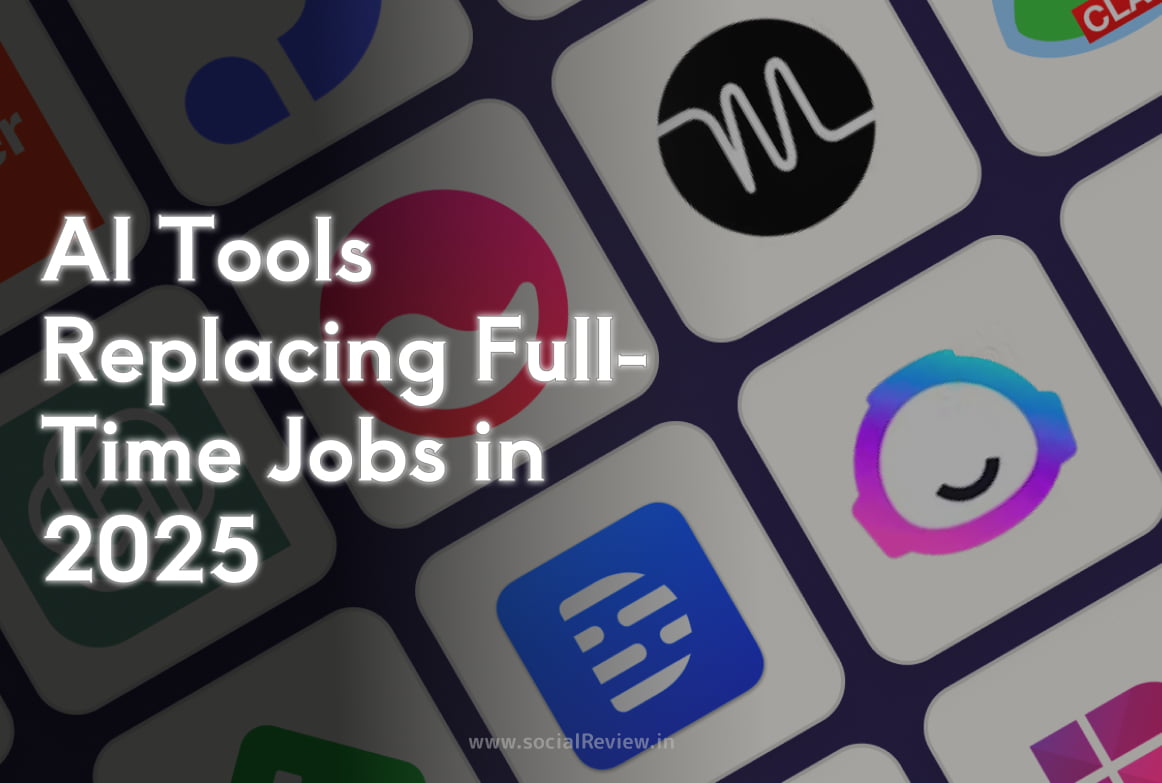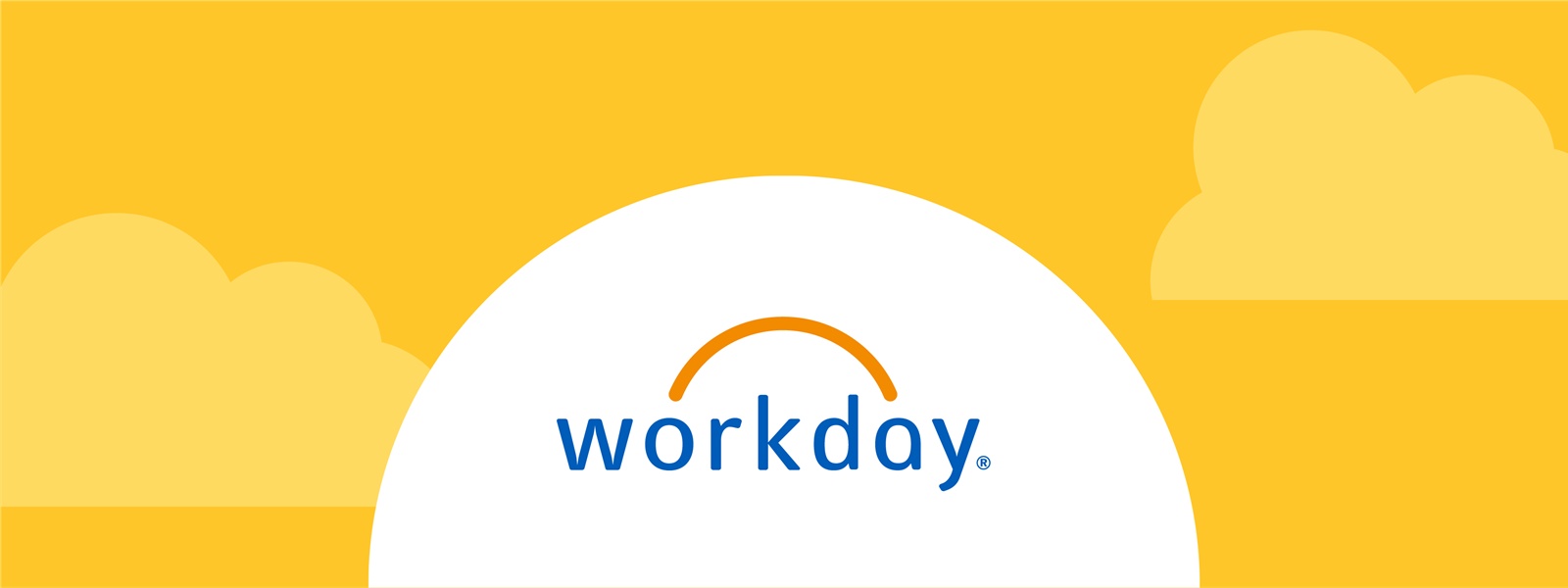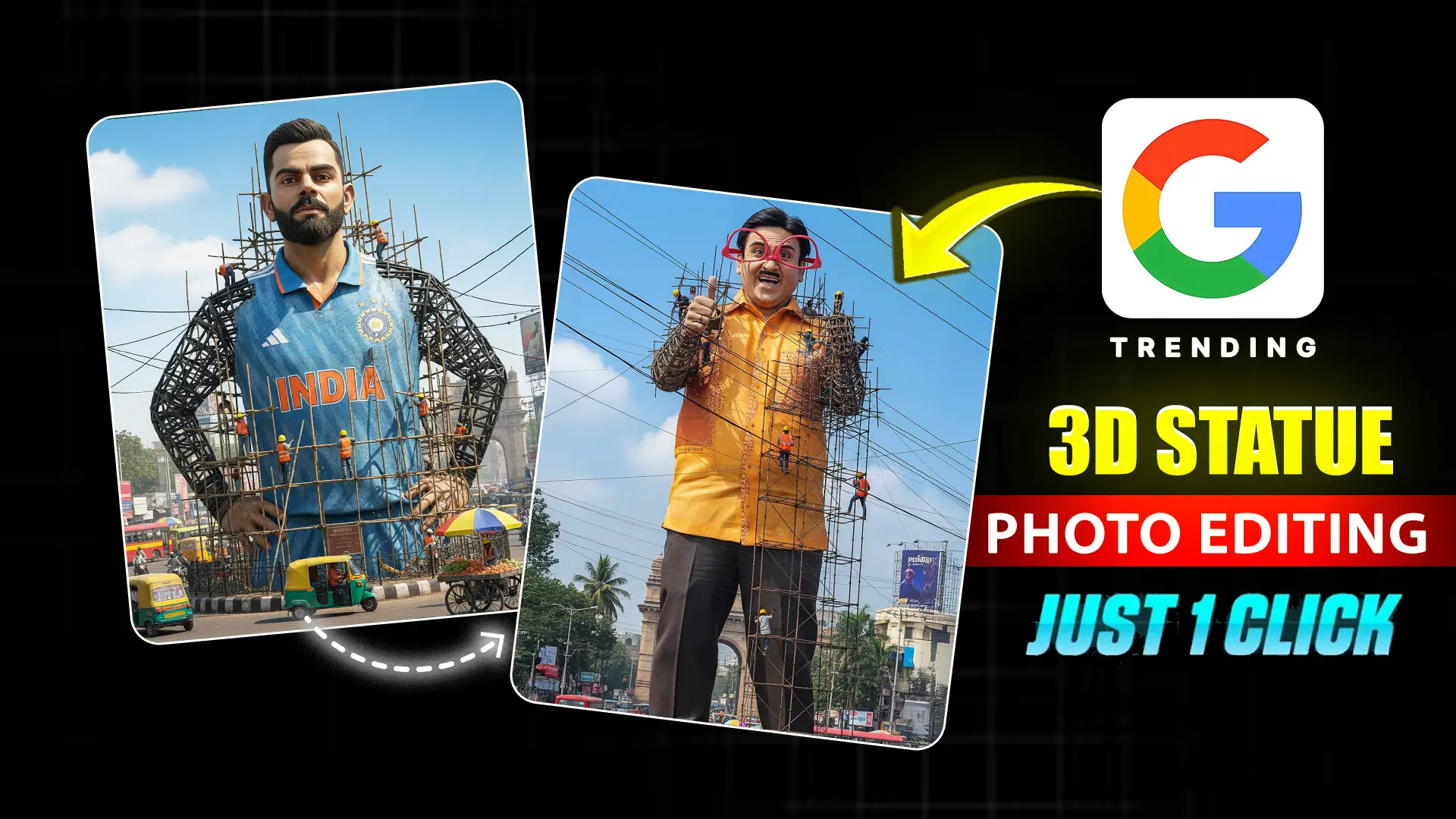It’s 2025, and AI is no longer just a buzzword—it’s a game-changer. From writing blog posts to designing graphics, AI tools are stepping in to handle tasks that once required full-time employees. This shift is exciting, a little unsettling, and very real. Let’s dive into the top 10 AI tools that are poised to replace jobs this year, and see what they mean for the future of work.
1. ChatGPT – The Writing Wizard
ChatGPT churns out human-like text faster than you can say “deadline.” It’s writing articles, answering customer queries, and even drafting emails. For businesses, this means fewer content writers and customer service reps on payroll. With millions of users already relying on it, ChatGPT is proving that words don’t always need a human touch.

2. Canva – Design Made Simple
Canva’s AI features, like Magic Design, let anyone create stunning graphics without a design degree. Small businesses and startups are using it to whip up social media posts and presentations, cutting the need for graphic designers. It’s fast, affordable, and scarily good at what it does.
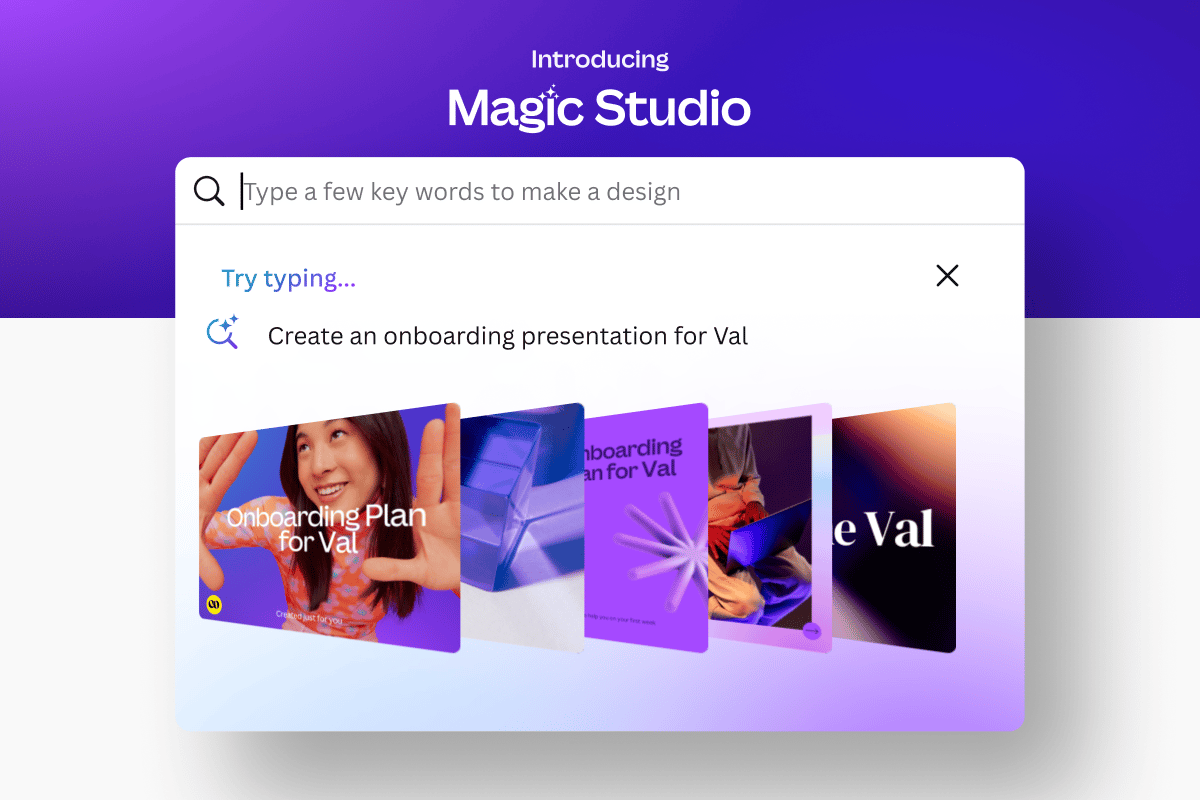
3. DeepL – Translation on Autopilot
Need a document translated? DeepL’s got it covered with pinpoint accuracy across multiple languages. Companies are ditching human translators for this tool, especially for routine tasks like emails or website updates. It’s a quiet revolution in global communication.
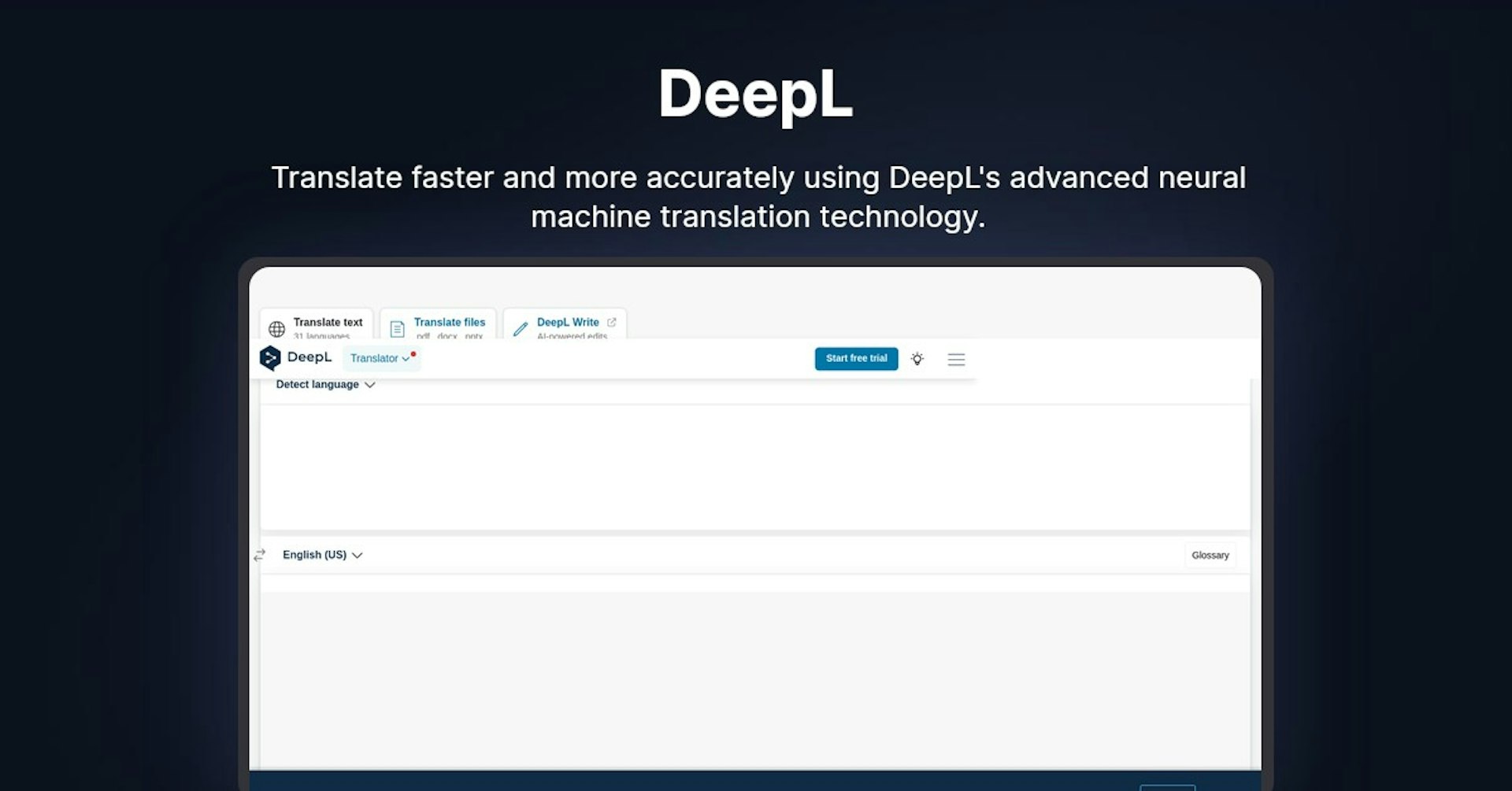
4. Tableau – Data Crunching Done Right
Tableau takes raw data and turns it into clear visuals with AI-powered insights. No more endless hours of manual analysis—businesses can now get the same results with less effort. Data analysts might not disappear, but their workload is shrinking fast.
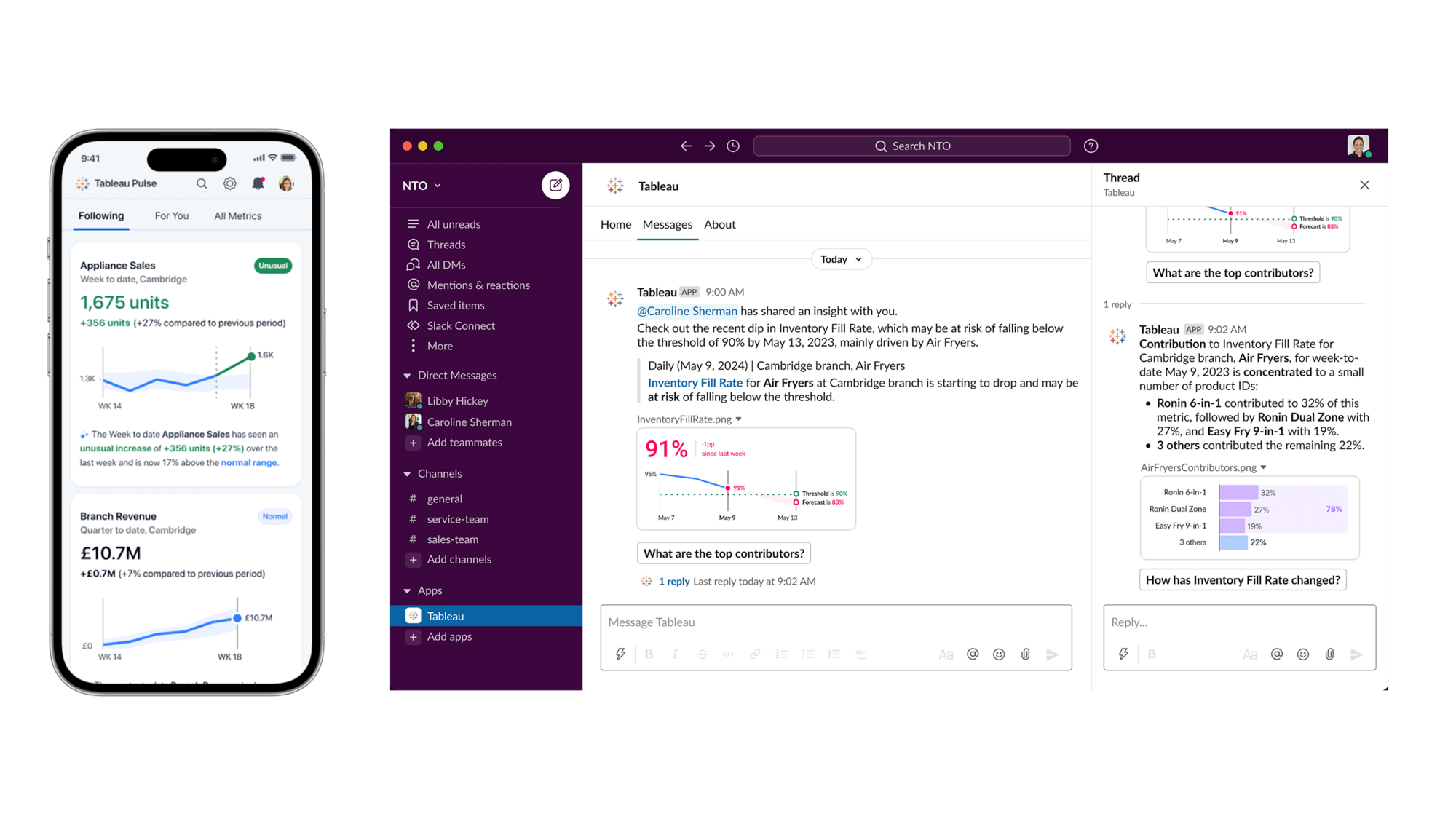
5. GitHub Copilot – Coding Sidekick
GitHub Copilot suggests code as you type, speeding up development like never before. It’s not replacing programmers entirely, but it’s definitely reducing the number of hands needed on deck. For software teams, it’s like having an extra brain that never sleeps.
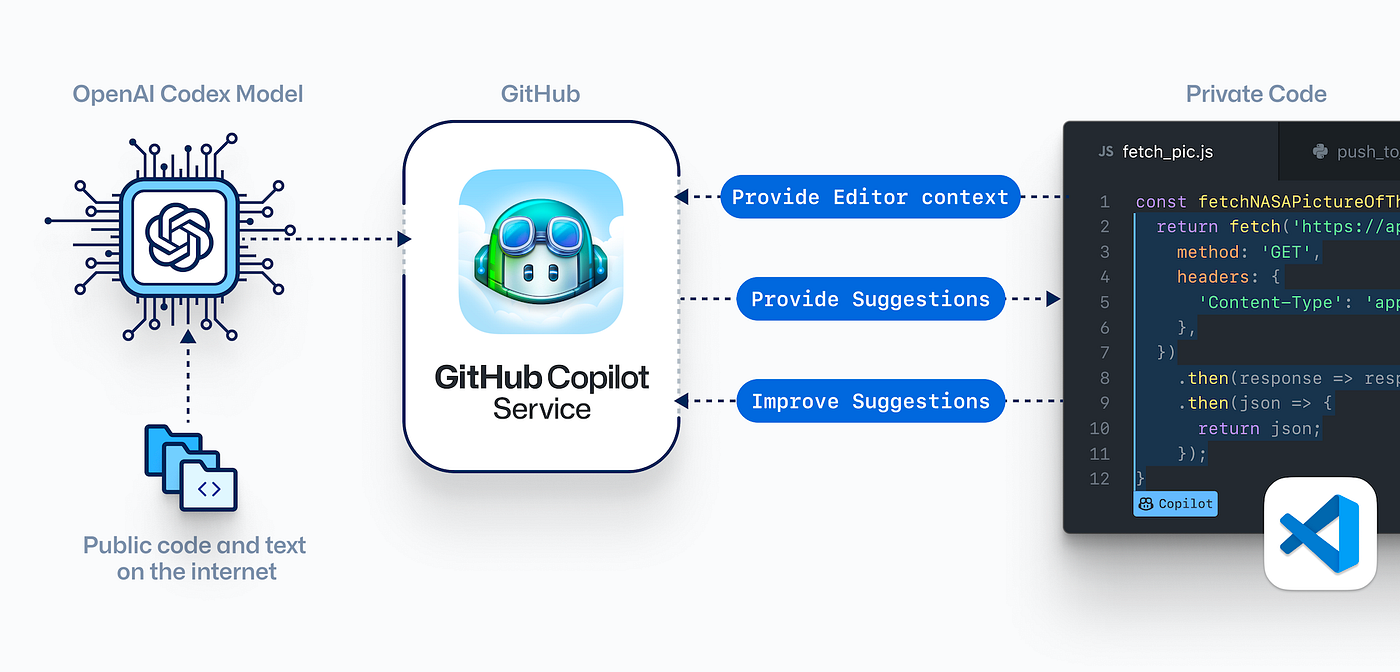
6. Synthesia – Videos Without a Crew
Synthesia creates professional videos using AI avatars—no camera, no crew, no problem. Companies are using it for training clips and marketing ads, sidelining video production teams. It’s a glimpse into a future where video content is just a few clicks away.

7. Grammarly – The Editor’s Rival
Grammarly catches typos, polishes sentences, and even suggests tone tweaks in real time. Writers and editors are finding their roles squeezed as this tool handles proofreading with ease. It’s a must-have for anyone who writes, and it’s cutting costs for businesses.
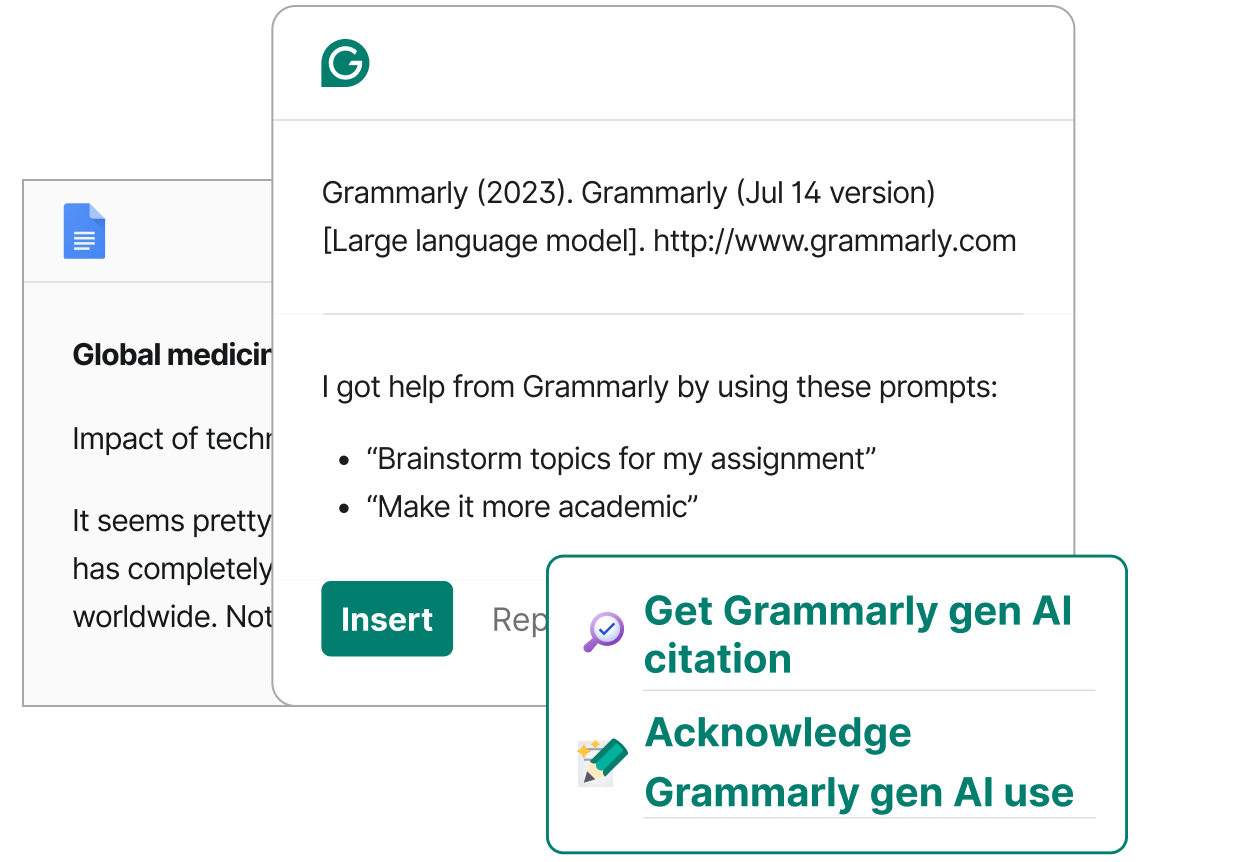
8. UiPath – Automation Powerhouse
UiPath automates repetitive tasks like data entry and invoice processing with robotic precision. Administrative staff are feeling the heat as companies lean on this tool to save time and money. It’s the backbone of a leaner, meaner office.

9. HubSpot – Marketing Smarts
HubSpot’s AI personalizes marketing campaigns and automates workflows, delivering results with fewer people. From email blasts to lead scoring, it’s doing what entire marketing teams used to handle. Efficiency is the name of the game here.
.png?width=567&height=382&name=breeze-intelligence-en@2x%20(2).png)
10. Workday – HR Streamlined
Workday uses AI to manage hiring, onboarding, and employee analytics, lightening the load for HR pros. It’s not wiping out HR departments, but it’s making them smaller and more strategic. For big companies, it’s a no-brainer.
Why This Matters
These tools aren’t just cool tech—they’re reshaping how we work. A recent study found that over half of U.S. workers are worried about AI taking their jobs, and it’s easy to see why. But here’s the flip side: automation could free us up for more creative, meaningful tasks. The catch? We’ll need to adapt, and fast.
Conclusion
AI tools like ChatGPT, Canva, and UiPath are leading the charge in 2025, replacing full-time jobs with speed and precision. They’re not here to destroy work—they’re here to change it. The key is staying ahead of the curve. Learn to use these tools, pick up new skills, and you’ll thrive in this AI-driven world. Ready to jump in?
FAQs
- What are AI tools?
They’re software that uses artificial intelligence to handle tasks like writing, designing, or analyzing data—stuff humans used to do. - How do these tools replace jobs?
By automating repetitive or routine work, they cut the need for people to do those tasks full-time. - Can AI replace every job?
Not quite. Jobs needing creativity or human connection—like artists or counselors—are tougher for AI to crack. - What’s the best way to prepare?
Upskill. Learn how to work with AI, not against it, and focus on what machines can’t do well yet. - Will AI create new jobs too?
Yes! Think AI trainers, ethicists, or roles we haven’t even imagined yet. It’s a shift, not an end.
